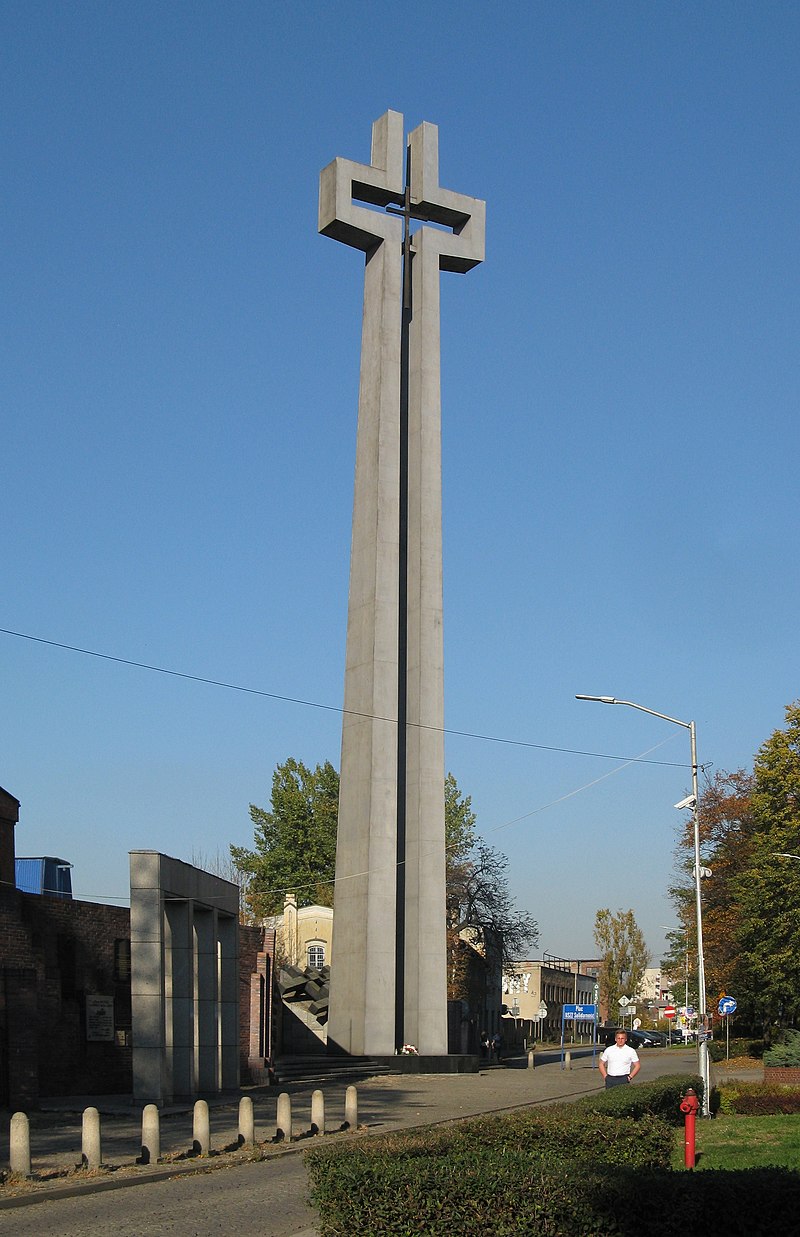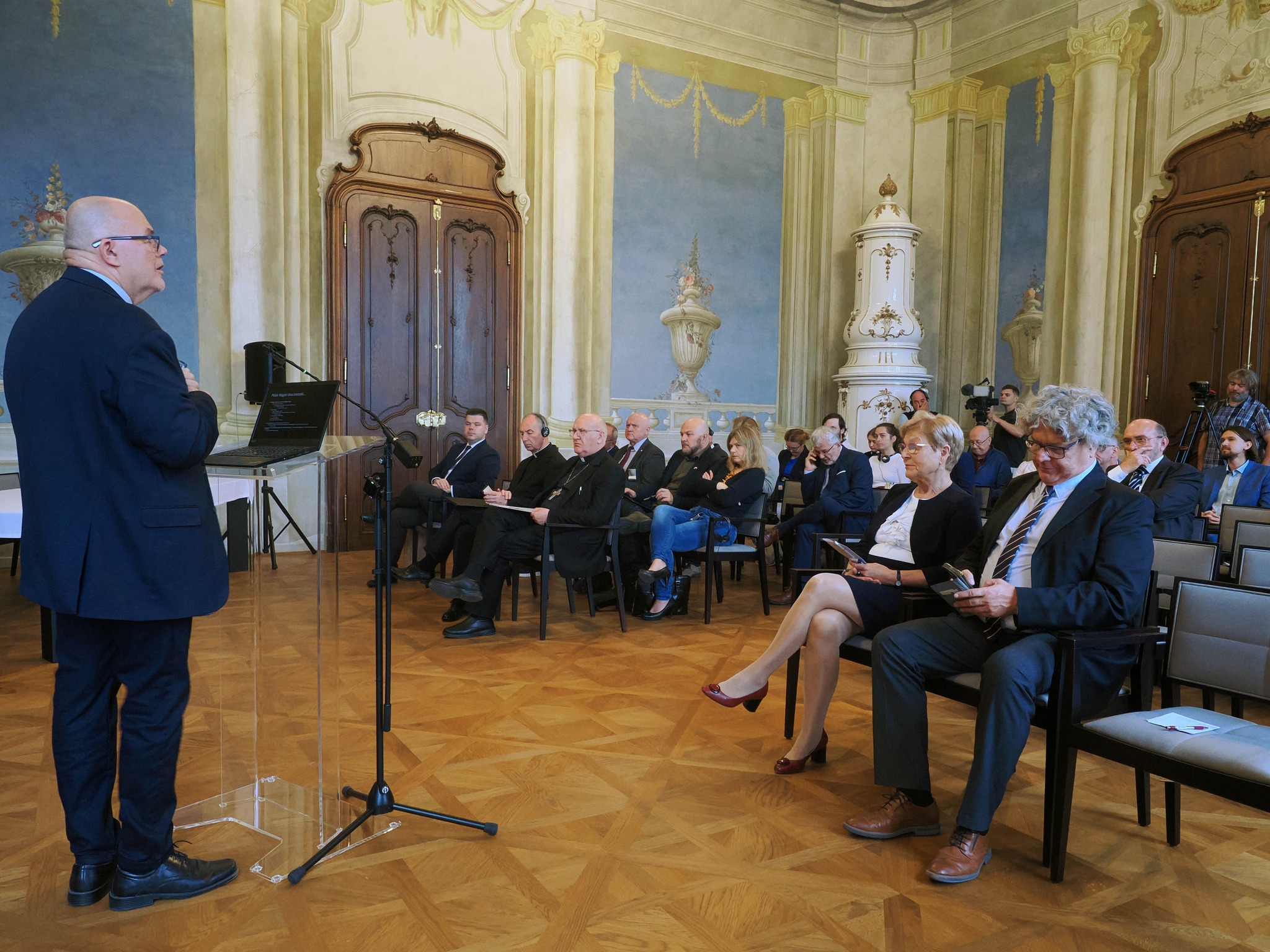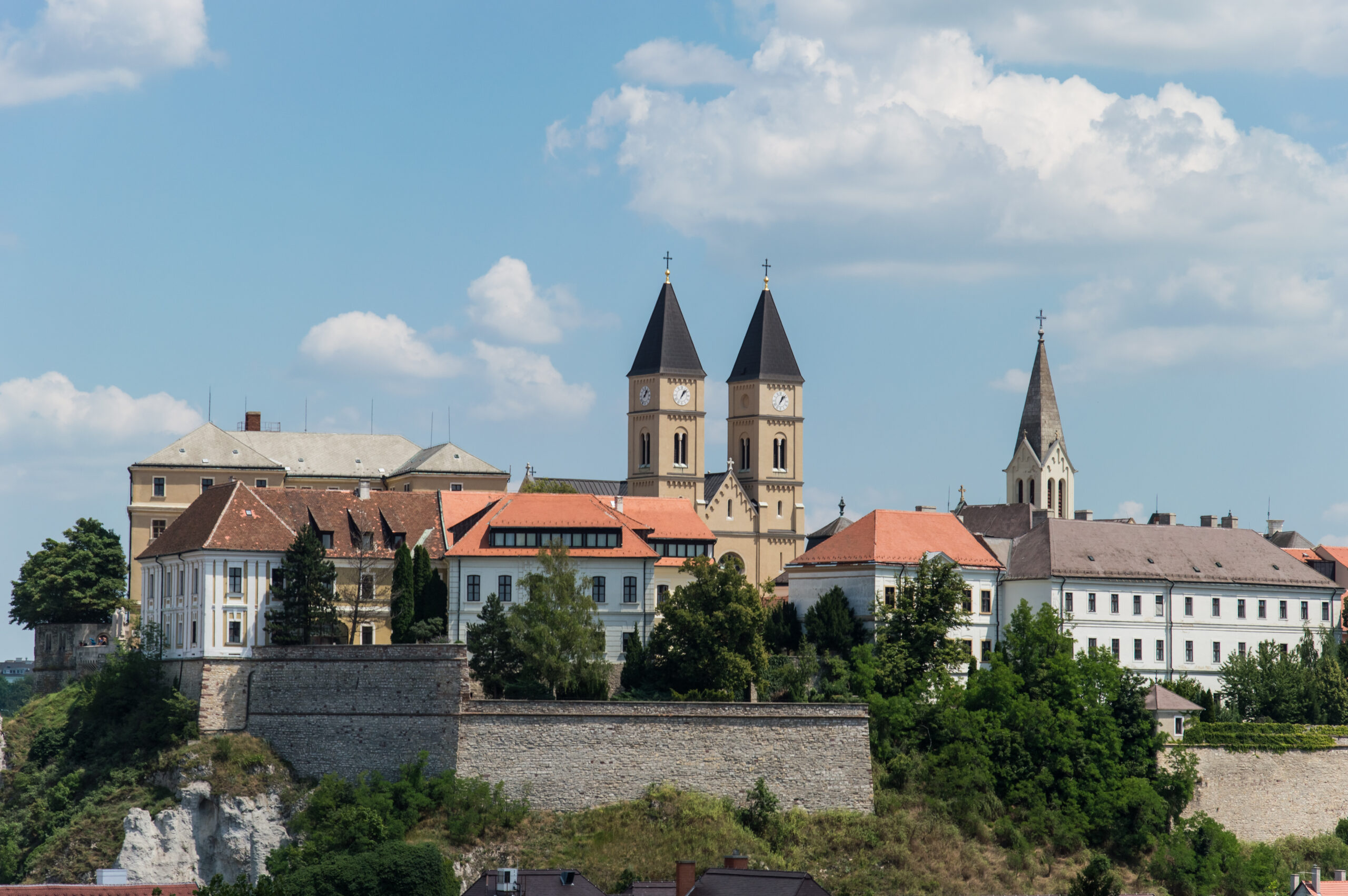Martial law – Wujek Coal Mine, Katowice
Fact of the Polish figure „The Gdansk Shipyard – 1980″
Part of the „Dreaming about the democracy” topic
On December 13, 1981, Poland’s path to freedom was violently halted. On that day, the First Secretary of the Central Committee of the PZPR—Polska Zjednoczona Partia Robotnicza (Polish United Workers’ Party)—General Wojciech Jaruzelski—announced the formation of the Military Council for National Salvation and the enforcement of martial law. Leaders of Solidarność were detained, the core of independent media was banned, and society was placed under even stricter control. There were also many casualties, such as those at the „Wujek” mine. Because of its dramatic nature, the event created two opposing memories. The first supports Jaruzelski’s claim that martial law saved Poland from Soviet intervention and civil war. Supporters of this view, many of whom were members of the Polish United Workers’ Party, built around the general an image of a hero that dominated Polish public opinion in the 1990s and early 2000s. On the other side were those who saw martial law entirely as a crime and labeled the general as a brutal dictator. Until Jaruzelski’s death in 2014, memories of martial law were expressed mainly through television interviews with the general and large protests outside his home. The final act of this debate was the funeral of the former dictator, conducted solemnly and with state honors despite widespread public opposition. Discontented individuals then participated in protests, disrupting the ceremony.





